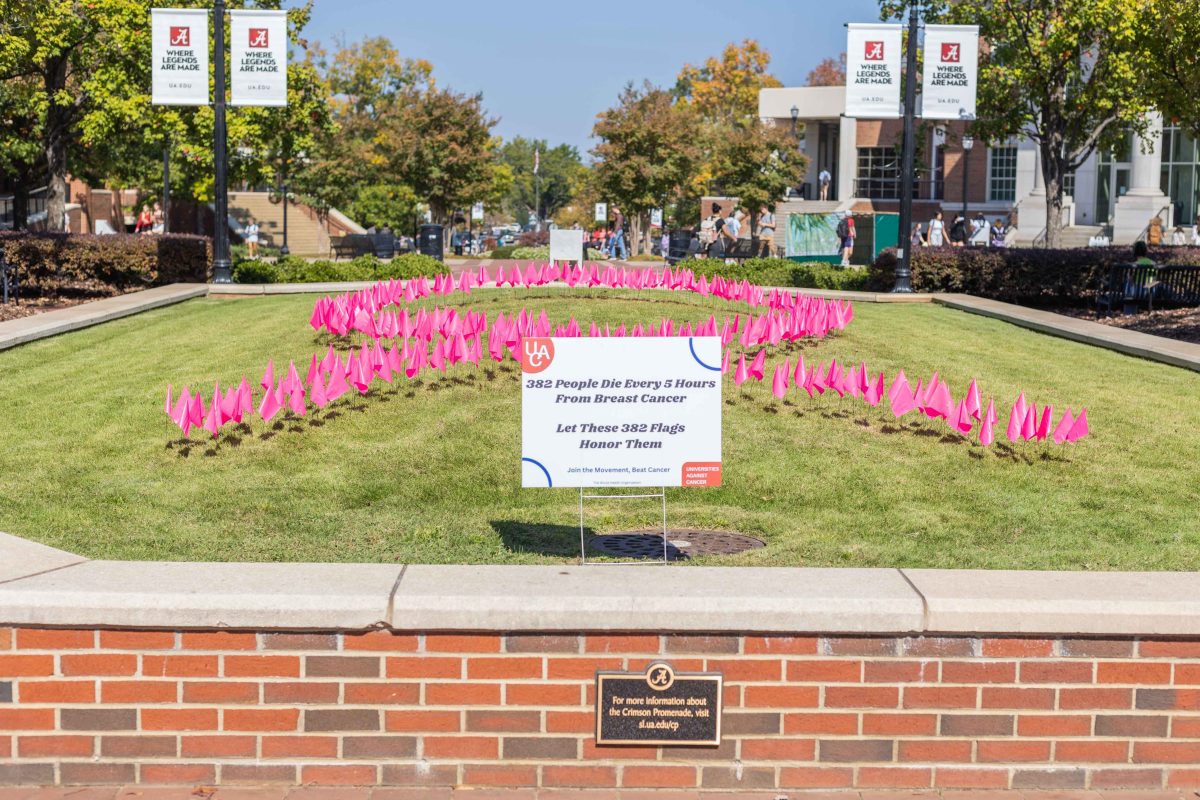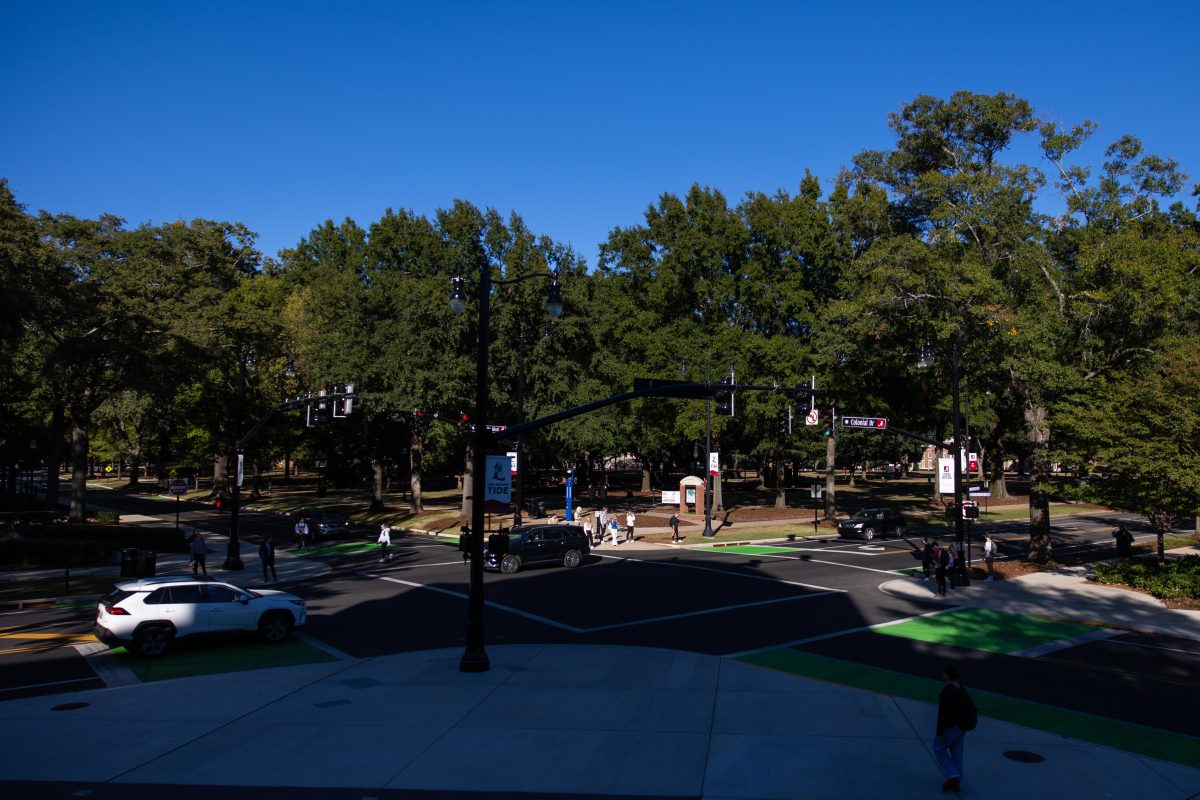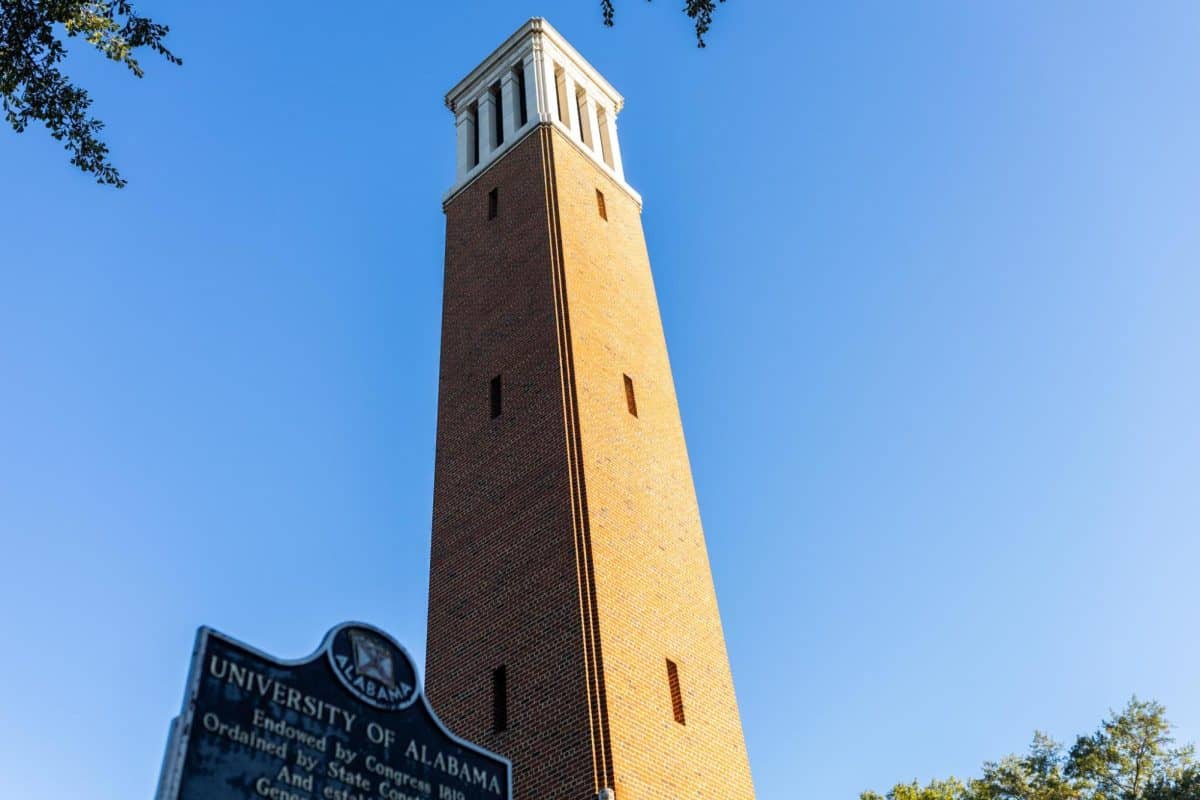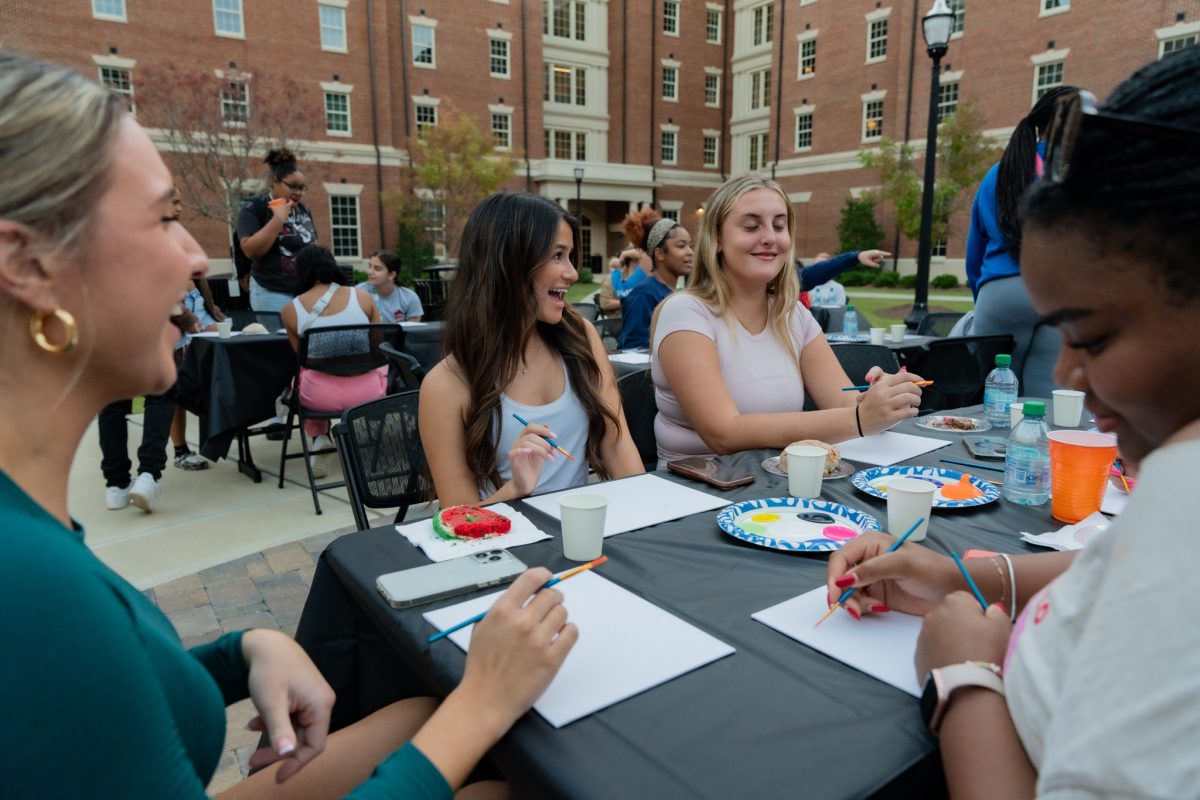The events leading up to the civil rights movement will be examined when the Jewish student center on the University of Alabama campus, The Bloom Hillel, screens the film “Crisis: Behind A Presidential Decision” as part of its event Looking Back to Move Forward.
The 1963 film will be shown in the Ferguson Theater Tuesday, Nov. 12 at 6 p.m.The screening will take part in conjunction with the Through the Doors campaign.
Don Siegal, now a lawyer in Birmingham, was secretary treasurer of the Student Government Association during the time of the University’s original integration in 1963. He became president of the SGA in 1964.
“What happened 50 years ago should be a great lesson for how we handle issues today,” Siegal said.
The first attempt at integration by Autherine Lucy resulted in hostile riots and was unsuccessful, but student leaders played a role in ending segregation on campus.
Siegal said Donald Stewart, president of the SGA at the time, moved into the dorm with James Hood, the first black male at the University, so they could walk to class and eat together. He said Stewart’s goal was to make Hood feel more comfortable.
“That’s the kind of leadership students exhibited,” Siegal said.
He later said it was important for student leaders to go around and explain why it was vital to control the violence as a result of the riots at Ole Miss the previous year.
Lisa Besnoy, director of Bloom Hillel, said she thinks more dialogue should exist in regards to the University’s current state of integration on campus.
“Do more conversations need to be had? Yes,” Besnoy said. “Do we need to bring opportunity to have these discussions like viewing the documentary? Absolutely. There needs to be open dialogue in a safe environment.”
The movie, produced by ABC television with permission from the governor of Alabama and the president of the United States, takes viewers behind the scenes of the critical moments leading up to integration on campus in the 1960s.
Viewers will get an inside glance into the life of Gov. George Wallace and his thoughts of segregation in the documentary, as well as hear the phone calls made by President John F. Kennedy to ensure peaceful success of integration in Tuscaloosa.
Lane McLelland, director of Crossroads Community Center, said there is still an incredible amount of work to be done.
“Students, faculty and staff are doing that not only in a committed way but a pretty aggressive way,” McLelland said. “I see people working to build relationships across all the different perspectives in order to do whatever work needs to be done.”
Bobbie Siegal, wife of Don Siegal, is involved in diversity work in Birmingham and said if blame and guilt can be removed so walls are not built, communication can be more effective.
“It’s much harder to change minds because of conformation bias, but we can change hearts,” she said. “Once hearts are changed, then people see what they have in common and are ready to follow the golden rule.”








